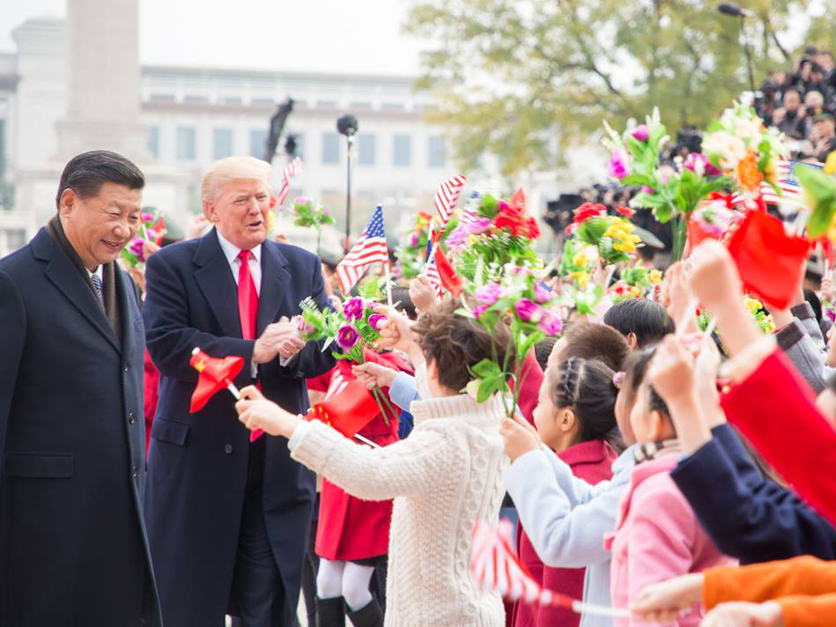U.S. agriculture has much to gain or lose in the trade talks in Beijing next week, and the sector will be well represented when U.S. and Chinese negotiators meet in an attempt to end the ongoing trade war.
Undersecretary for Trade and Foreign Agricultural Affairs Ted McKinney and U.S. Trade Representative Chief Agricultural Negotiator Gregg Doud will both be leaving this weekend to take part in the talks, the USTR announced Friday.
Recently China has been buying up soybeans after President Donald Trump and Chinese President Xi Jinping met in Buenos Aires on Dec. 1 and agreed to a new round of talks.
The U.S. promised a 90-day delay in increasing tariff rates on $200 billion of Chinese goods. Since that December meeting China has purchased 2.629 million tons of U.S. soybeans and announced it has lifted a ban on U.S. rice, although there are still procedural measures that need to be finished before trade can start.
But U.S. farmers and ranchers have not been satisfied. Chinese retaliatory tariffs continue to stymie U.S. exports of beef, pork, dairy, fruits, vegetables and tree nuts.
The Trump administration is asking for patience, though, and Trump is predicting a resolution.
“The United States Treasury has taken in MANY billions of dollars from the Tariffs we are charging China and other countries that have not treated us fairly,” Trump said in a tweet Thursday. “In the meantime we are doing well in various Trade Negotiations currently going on. At some point this had to be done!”
U.S. importers pay the tariffs when Chinese goods come into the U.S. Using U.S. Treasury Department data, the free trade group Tariffs Hurt the Heartland said last month "the $6.2 billion in tariffs paid by U.S. businesses in October 2018 is the highest monthly amount in U.S. history. It is also more than double what businesses paid in tariffs in October last year."
China’s Xi also expressed optimism in a recent report from the government-run Xinhua News Agency.
Xi, the agency said, stressed hope that the U.S. and China “can meet each other halfway and reach an agreement beneficial to both countries and the world as early as possible.”
For more news, go to www.Agri-Pulse.com


